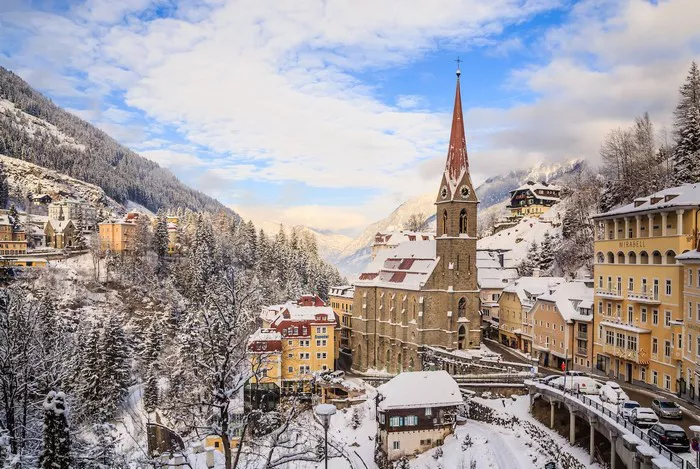Austria has long been celebrated for its breathtaking Alpine landscapes, charming villages, and world-class ski resorts. However, the increasing pressure of tourism on these fragile ecosystems has prompted the Austrian government to launch a groundbreaking sustainable tourism initiative aimed at preserving the natural beauty of its mountainous regions while still welcoming visitors. The new program, announced earlier this week, focuses on reducing environmental impact, promoting eco-friendly travel options, and supporting local communities.
One of the key components of the initiative is a shift toward low-emission transportation. Many popular Alpine destinations, such as Tyrol and Salzburg, will see expanded electric bus networks and incentives for travelers to use trains instead of private cars. The Austrian Federal Railways (ÖBB) is set to increase the frequency of regional trains serving tourist hotspots, making it easier for visitors to explore without relying on carbon-intensive transport. Additionally, several ski resorts have pledged to transition to renewable energy for their lifts and facilities, with some already operating entirely on solar and hydropower.
Another major focus is waste reduction. Austria’s Alpine regions attract millions of tourists each year, leading to significant litter and strain on local waste management systems. To combat this, the government is implementing stricter regulations on single-use plastics in tourist areas and introducing more recycling stations in high-traffic locations. Hotels and restaurants participating in the program will be required to adhere to sustainability certifications, emphasizing locally sourced food and minimal food waste.
The initiative also seeks to balance tourism demand with conservation efforts. Some of Austria’s most iconic hiking trails and nature reserves have suffered from overcrowding, leading to soil erosion and disturbance of wildlife. In response, authorities will introduce timed entry slots for certain trails and promote lesser-known regions to distribute visitor numbers more evenly. A new digital platform will provide real-time updates on trail conditions and visitor density, encouraging travelers to choose alternative routes during peak times.
Local communities are at the heart of the plan. The government is offering grants to small businesses that adopt sustainable practices, such as eco-friendly accommodations and farm-to-table dining experiences. Traditional Alpine farming, which plays a vital role in maintaining the landscape, will also receive increased support to prevent rural depopulation and preserve cultural heritage.
Tourism officials emphasize that the initiative is not about restricting travel but about fostering a more mindful approach. “Austria will always welcome visitors with open arms,” said the Minister of Tourism. “But we must ensure that future generations can enjoy the same pristine landscapes that draw people here today.”
The response from the tourism industry has been largely positive, with many hotels and tour operators already aligning their operations with the new guidelines. Travelers, too, are showing enthusiasm for the changes, as global demand for sustainable travel options continues to rise.
For those planning a trip to Austria, the message is clear: the country remains a top destination, but with a renewed commitment to protecting its natural treasures. Whether skiing in the Arlberg, hiking in the Dolomites, or exploring Vienna’s cultural gems, visitors can now be part of a movement that values sustainability as much as adventure.

